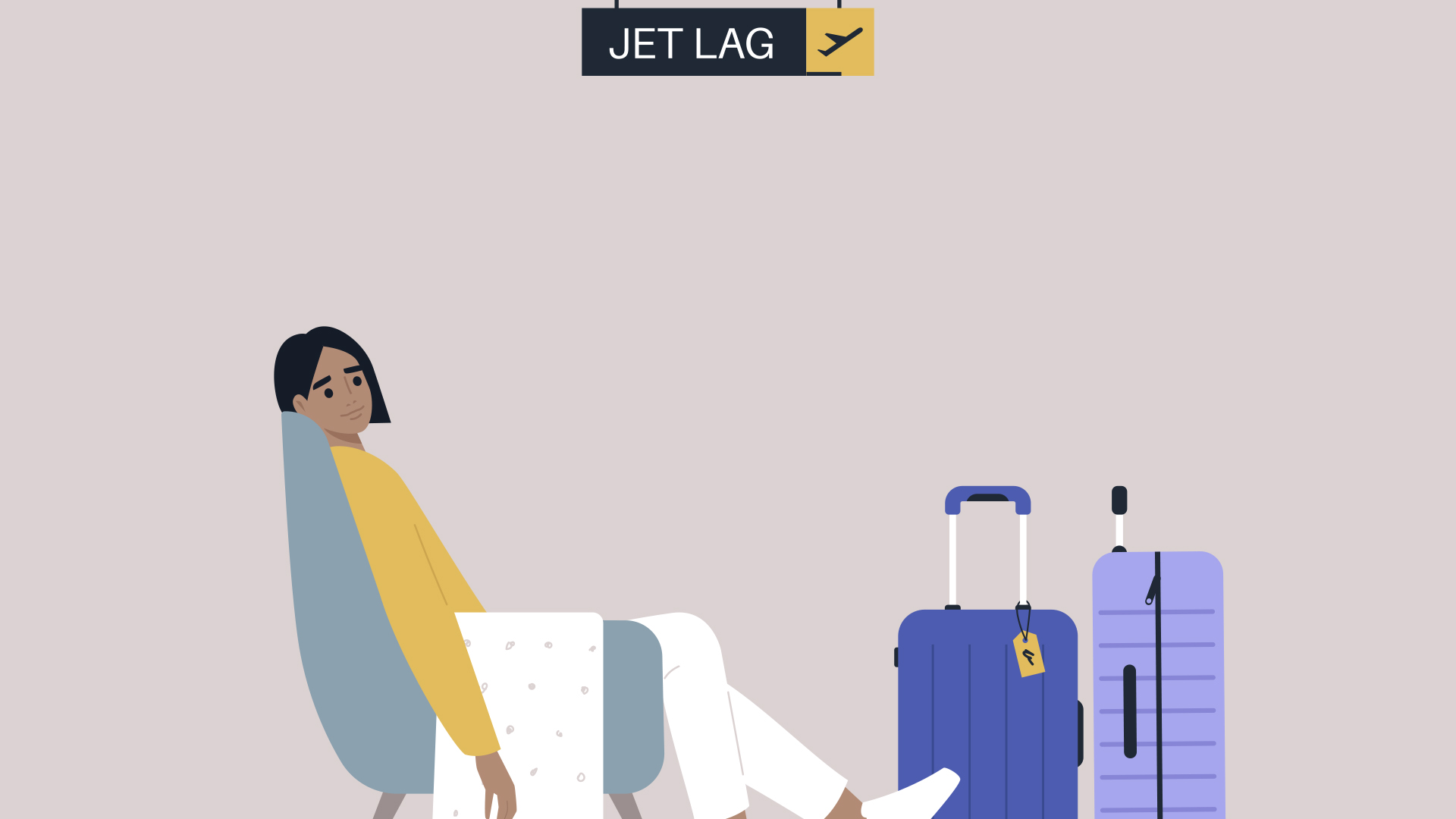Anxiety can be challenging to understand because of the many misconceptions surrounding it and how it is framed in mass media and society. It may also have overlapping symptoms with other closely-related conditions, making diagnosis difficult and often inaccessible.
However, a better awareness of what it is, what it does, and how to recognize when it becomes a problem can assist people in overcoming the struggles associated with it. What’s more, more informed knowledge can help differentiate anxiety from other feelings and health issues.
Here’s the ultimate beginner’s guide to anxiety.
Anxiety, The Emotion
Most individuals will experience anxiety as an emotion at some point in their lives. The emotion happens cognitively in the amygdala region of the brain, the part that controls emotions triggered by threats, stress, or anger. Physical symptoms can start to manifest with a racing heartbeat, sweating, and tiredness.
Furthermore, when it’s a common and mild response, anxiety is just one of the many different emotions that the mind processes. However, when it becomes excessive, it’s best to seek help with anxiety so that it doesn’t pose a threat to your long-term health and doesn’t affect your ability to live a fulfilling life.
Why It’s Necessary
It’s important to remember that anxiety is just one of the many emotions our brain processes and controls every day. Anxiety, in this case, is functional because it prepares your mind and body to deal with stressful situations, imminent threats, and emergencies. For instance, when driving in poor conditions, anxiety can make you more alert and aware of your surroundings, increase your caution and compel you to assess the risks around you.
Without it, your mind and body would be less effective at handling stressful events, and you would likely find yourself in danger more often. Other emotions feel similar to anxiety and are mistaken for it because they activate the same symptoms and responses. However, these emotions are seen as separate and related but not considered anxiety because they have a different function or may be caused by something else.
Anxiety, The Disorder
While anxiety is a natural emotion that often serves a purpose, many people experience it excessively to the point that it interferes with their well-being and quality of life. In this case, it can lead to changes in behaviour, thinking, and rationality. When the anxiety of that level interferes with a person’s daily life, it may be considered disordered.
When the disorder is severe, it can be considered a mental health condition and could require treatment. Many factors can lead to anxiety disorder, which includes traumatic events, genetic factors, and long-term stress. Other environmental factors, such as growing up in an unsafe house during childhood, may also contribute to an anxiety disorder.

Common Anxiety Disorders
Anxiety disorders are the most common type of mental health disorder and can be prevalent in children and adults. Studies show that women are more to experience an anxiety disorder, but this could be due to women being more likely to seek professional help and get a diagnosis.
The physiological symptoms of these include stomach cramps, headaches, chest pains, tremors, dizziness, insomnia and sleep disorders, and difficulty breathing. Some of the most common ones include Generalized Anxiety Disorder, also known as GAD, and Social Anxiety Disorder, also known as SAD.
Treatment
The treatments for anxiety disorder are tailored to each individual because symptoms and severity vary among patients. However, most will opt for cognitive behavioral therapy and psychiatry, which involves prescribed anti-anxiety medication. There is also personalized care that people can choose to manage the disorder and provide symptomatic relief.
These include lifestyle changes to self-care as well as wellness prioritizing strategies, relaxation methods, exercise and fun, and reaching out for social support. Most psychologists believe the best therapy is a combination of all these techniques. More importantly, anxiety disorders are treatable and manageable with the right resources.
Conclusion
While anxiety might be characterized by uncomfortable feelings, as an ordinary emotion, it can be useful to keep you out of danger. The problem comes when anxiety becomes disordered, making it a mental health condition that affects the way you live and work.
In both cases, whether common anxiety or disordered, they can both be managed by a psychologist and taking care of yourself to improve symptoms. In the end, it needs a certain level of awareness to be dealt with so that it becomes a normal part of life.

















